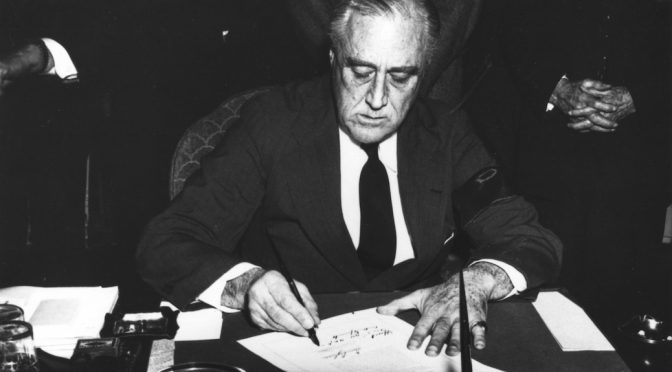Has precedent eroded Congress’s war powers? James Lebovic looks to the various standards of social-scientific inquiry to suggest that an exclusive focus on legal analysis has unnecessarily limited the war powers debate in recent decades.
Lebovic finds that even though Congress appears to defer to the President based on war powers precedent, it is often politics—and not legal precedent—that explains Congress’s deference.
Lebovic finds that assessing rule-based, fact-based, and action-based precedents through social-scientific standards shows that Congress often defers to the President because of the political process. This social-scientific approach stands in contrast to prevalent legal analysis—and Lebovic concludes that today’s practitioners would do well to consider it as they assess the boundaries of congressional war powers.

